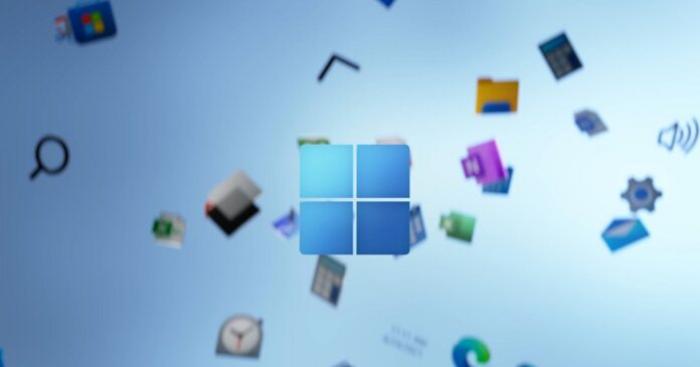Windows 11 2024 Update promises faster file copying, thanks to ReFS

ReFS (Resilient File System) has been a part of Windows Server for quite some time, and it’s now heading to consumers with Windows 11 2024 Update. Microsoft has added a new ReFS feature called Block Cloning in Windows 11 24H2. The end motive is to improve the overall performance of your Dev drives.
Block Cloning was already available for “Windows Server 2025, Windows Server 2022, Windows Server 2019, and Windows Server 2016.” The feature saves the effort of duplicating data on the same disk and instead creates a pointer to the original location.
So, apps can use that pointer to access the data and you don’t have to worry about wasted storage space. Microsoft shared a comparison chart in May 2024 to highlight the performance difference between NTFS and ReFS.
The results were in favor of ReFS with as much as a 92% improvement in copying a 10GB file using Block Cloning.
For example, a 10GB file copies 92% faster, taking just over half a second instead of nearly 8 seconds. A 1GB file copies 94% faster, taking only 38 milliseconds. Even smaller files like 1MB show a slight improvement, copying 18% faster.
For larger folders, like one containing 18GB of files, copying is 80% faster, taking just 6 seconds instead of over 30 seconds.
ReFS debuted with Windows Server 2012, almost fourteen years back. Since then, it has added several new improvements including mirror-accelerated parity and Integrity streams.
Why don’t we have ReFS instead of NTFS?
Keep in mind that ReFS isn’t meant for normal disk operations. You cannot skip NTFS and use ReFS because Windows won’t boot successfully. It is designed for developers and managed PC environments, not normal users like us.
ReFS focuses on data resilience via multiple backups and integrity checks to remove corruption. You don’t need to run the CHKDSK command to repair bad sectors because it does that automatically.
NTFS packs many features that are missing in ReFS. You can compress and encrypt files, and it doesn’t consume too much system resources. If you want to convert an NTFS drive to ReFS, you must format it completely.
Microsoft is sticking to NTFS for client editions of Windows 11 because it believes it can handle the job. We don’t expect it to move to ReFS anytime soon.

 4943986
4943986